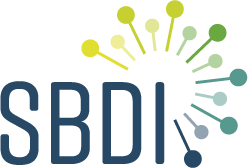News
Feed
Call for submissions: 2026 Ebbe Nielsen Challenge
The Global Biodiversity Information Facility (GBIF) has opened the call for submissions for the 2026 Ebbe Nielsen Challenge. The challenge promotes innovative uses of open biodiversity data by recognizing the development of tools, workflows, and applications that improve the access, integration, analysis, or reuse of biodiversity information.The Ebbe Nielsen Challenge [...]

Call for nominations: 2026 GBIF Graduate Researchers Award
The Global Biodiversity Information Facility (GBIF) has opened the call for nominations for the 2026 GBIF Graduate Researchers Award. The award recognizes outstanding research by master’s and PhD students whose work uses GBIF-mediated biodiversity data and demonstrates innovation and discovery in biodiversity science and biodiversity informatics.The award is presented annually [...]
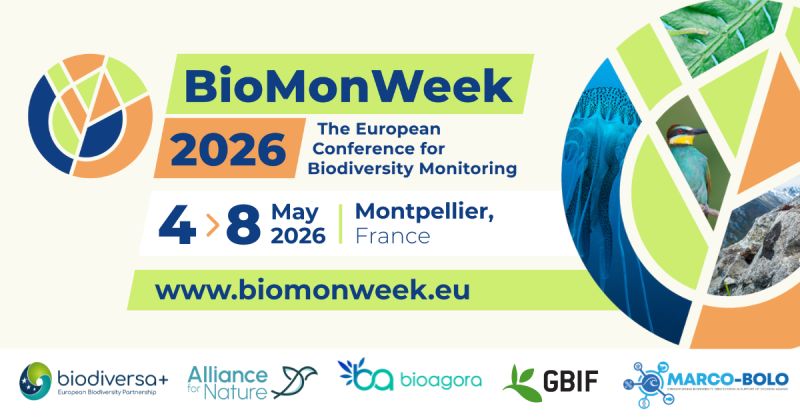
Biodiversity Monitoring Week 2026 to take place in Montpellier
The first Biodiversity Monitoring Week (BioMonWeek 2026) will be held in Montpellier, France, from 4 to 8 May 2026. The event is conceived as a new European platform for biodiversity monitoring, bringing together experts from research, policy, public authorities, NGOs, the private sector, and citizen science to strengthen coordination and [...]

New vegetation dataset from NILS opens a window onto Sweden’s changing landscapes
A new dataset from the National Inventories of Landscapes in Sweden (NILS) is now available through GBIF Sweden, offering a uniquely detailed look at how vegetation and habitats are distributed across the country. The dataset, “National Inventories of Landscapes in Sweden: Presence-absence Vegetation data”, brings nearly two decades of systematic [...]
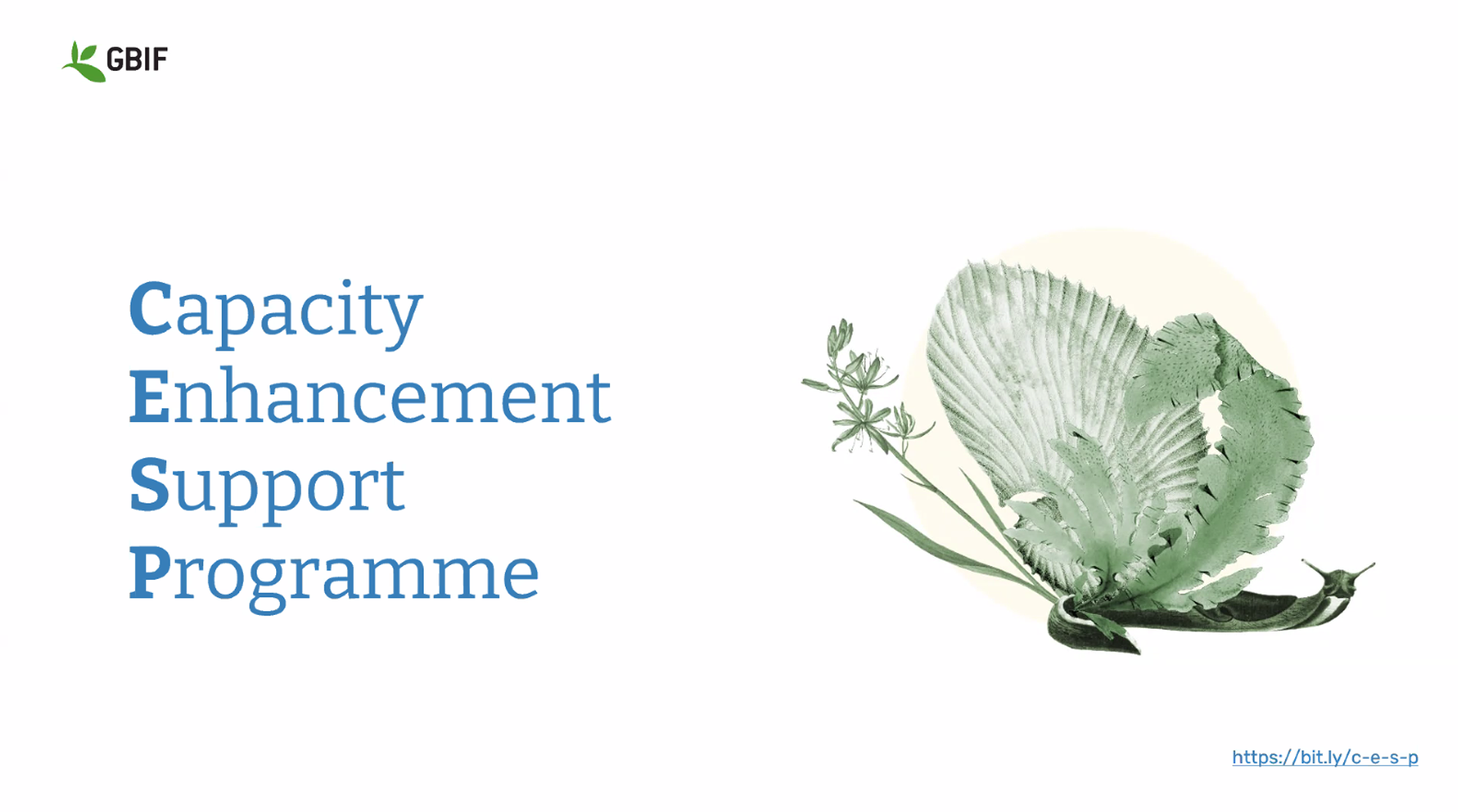
GBIF CESP call for proposals for 2026 is open
The call for proposals for the 2026 GBIF Capacity Enhancement Support Programme (CESP) is now open. CESP co-funds collaborative projects led by GBIF participant nodes to strengthen capacity for mobilizing, managing, and using biodiversity data across the network.Participants should submit short concept notes through the GBIF Grants Portal by January [...]
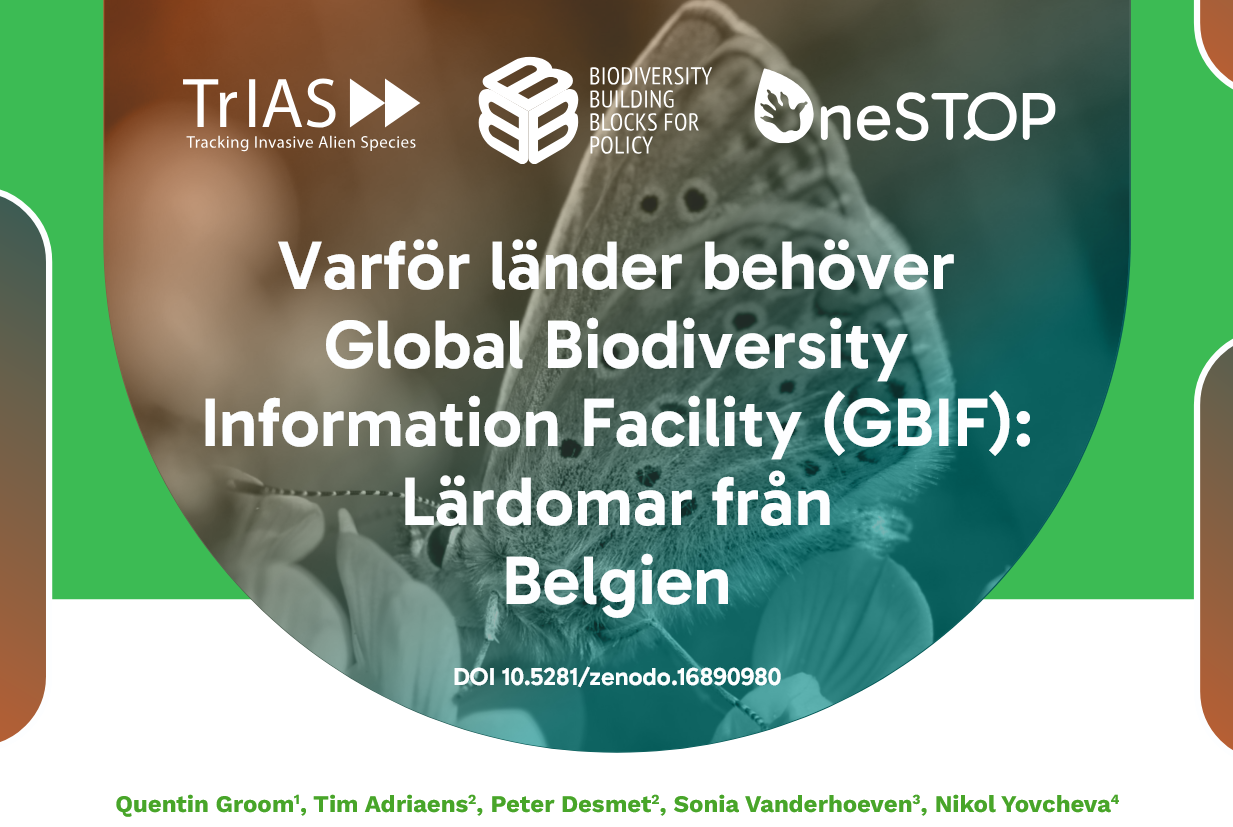
Swedish version of GBIF policy brief now available
A Swedish translation of the policy brief Why countries need the Global Biodiversity Information Facility (GBIF): lessons from Belgium is now available. The brief uses Belgium’s long-term engagement in GBIF to show how national participation in a global biodiversity data infrastructure strengthens research, supports policy and management, and enables wide reuse of openly shared species occurrence data.
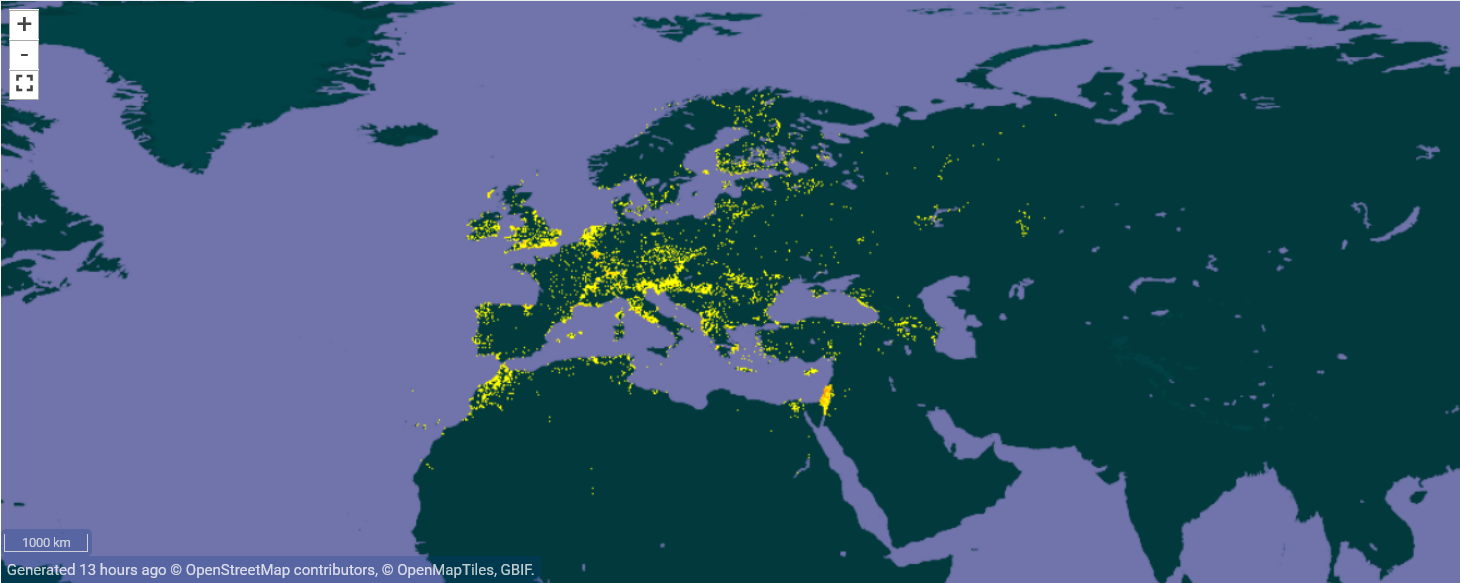
One Health in the EU goes FAIR: VectorNet Data Portal launches, with GBIF Sweden supporting data mobilization
The European Food Safety Authority (EFSA) and the European Centre for Disease Prevention and Control (ECDC) have launched the VectorNet Data Portal, providing a central access point to validated European occurrence data for vectors such as mosquitoes, ticks, sand flies, and biting midges. The portal leverages GBIF’s hosted portal infrastructure [...]

GBIF Sweden at the “Open Data – a Resource for Academia” webinar
GBIF Sweden will participate in the upcoming webinar “Open Data – a Resource for Academia,” organized by the Swedish Research Council (Vetenskapsrådet) and DIGG, the Agency for Digital Government. The event will take place on 17 October 2025, from 10:00 a.m. to 12:00 p.m., and will be held online.

Veronika A. Johansson elected Deputy Regional Representative for Europe and Central Asia
We are pleased to announce that Veronika A. Johansson, Node Manager for GBIF Sweden, has been elected Deputy Regional Representative for the Europe and Central Asia region of GBIF.The election followed the agreed procedures for the region, and with her candidacy confirmed, Veronika will begin her two-year term on 1 [...]
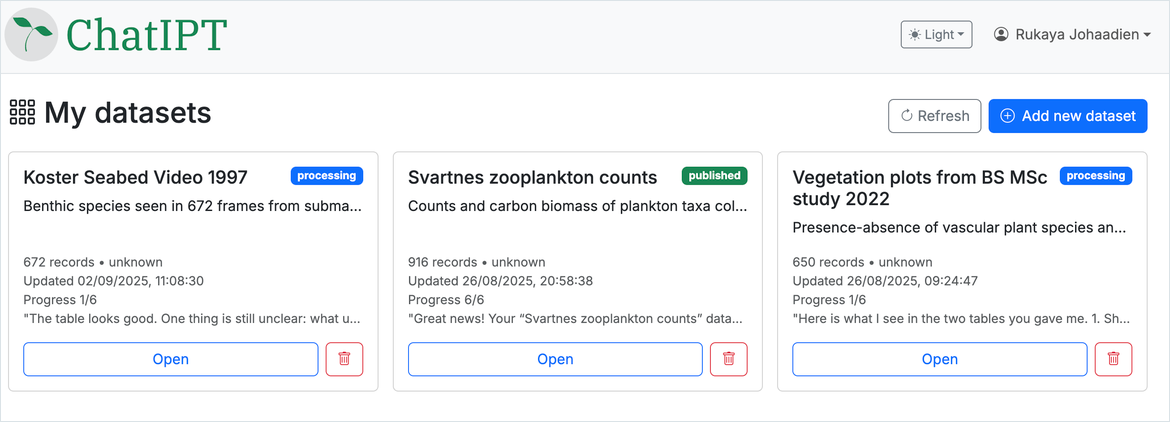
New version of ChatIPT facilitates data publication to GBIF
A new version of ChatIPT, a chatbot developed by GBIF Norway, is now available for testing. The tool is designed to help non-technical users publish biodiversity data to GBIF, lowering the threshold for researchers, students, and institutions that may not have prior experience with data publishing.ChatIPT provides an accessible interface [...]
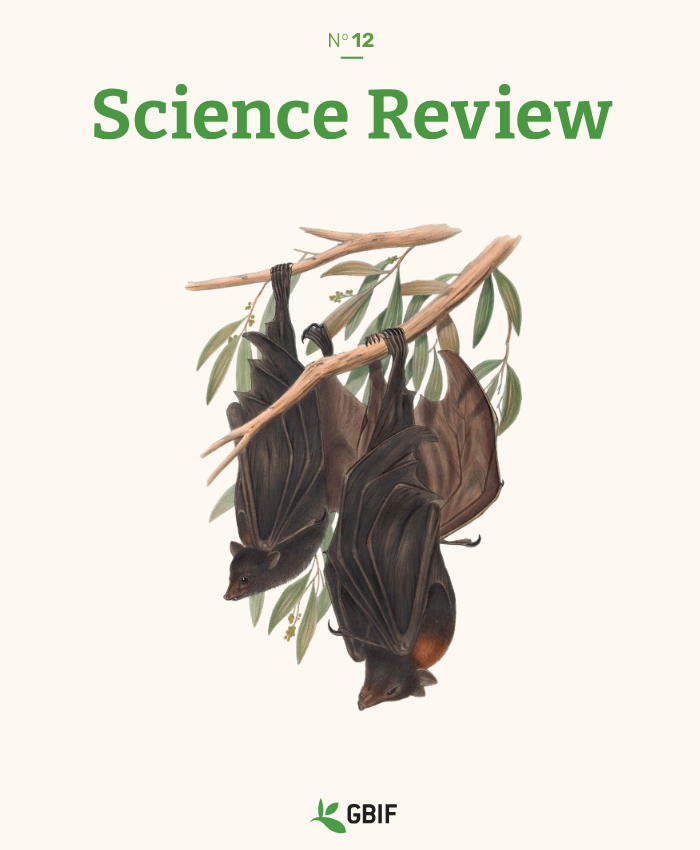
GBIF releases Science Review No. 12 – spotlighting 50 new studies powered by open biodiversity data
Use of GBIF-mediated data in science continues to grow across both disciplines and geography. In the first three months of 2025 alone, GBIF logged a 27 per cent increase in papers using open biodiversity data compared to the same period the year before.The newly released GBIF Science Review No. 12 [...]

CESP funding awarded for biodiversity data capacity building in Lithuania
GBIF Sweden is pleased to announce that we have been awarded funding from GBIF’s Capacity Enhancement Support Programme (CESP) for the project Biodiversity data capacity building in Lithuania.

Groundbreaking Study Reveals Insect Diversity in Sweden and Madagascar – Data Now Available via GBIF
A new study published in Nature Scientific Data presents unprecedented insights into insect biodiversity in Sweden and Madagascar. The results, emerging from the Insect Biome Atlas (IBA) project, demonstrate the vast diversity of insect life through a large-scale DNA metabarcoding survey. All data from the study are now openly available through the GBIF network.
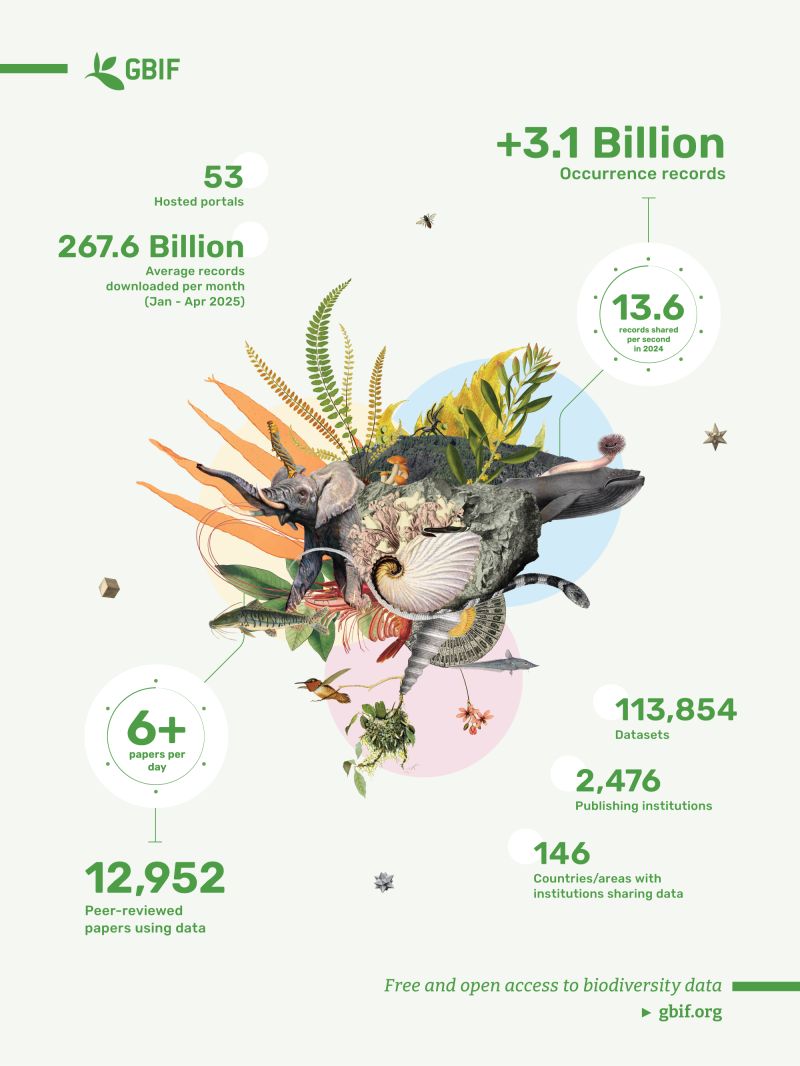
International Day for Biological Diversity: Open access to data is key to future conservation
May 22 marks the International Day for Biological Diversity – a moment to reflect on the importance of preserving the diversity of life on Earth, from species and ecosystems to genetic resources. This year’s theme, “Be Part of the Plan”, reminds us that everyone – from researchers and decision-makers to [...]

Introducing Biodiversity Data Cubes: A new way to access and analyze GBIF data
A new service developed by GBIF.org introduces Biodiversity Data Cubes, offering a powerful and flexible way to access and analyze species occurrence data using SQL-based queries.

GBIF Sweden supports the Museum of Evolution’s initiative Biodiversity Beyond Linnaeus
GBIF Sweden is pleased to support Biodiversity Beyond Linnaeus, an initiative by the Museum of Evolution (Evolutionsmuseet) at Uppsala University to strengthen research, collection care, and public engagement with biodiversity. The project aims to revitalize the museum’s collections, increase their accessibility through digitization, and link them to global infrastructures such [...]
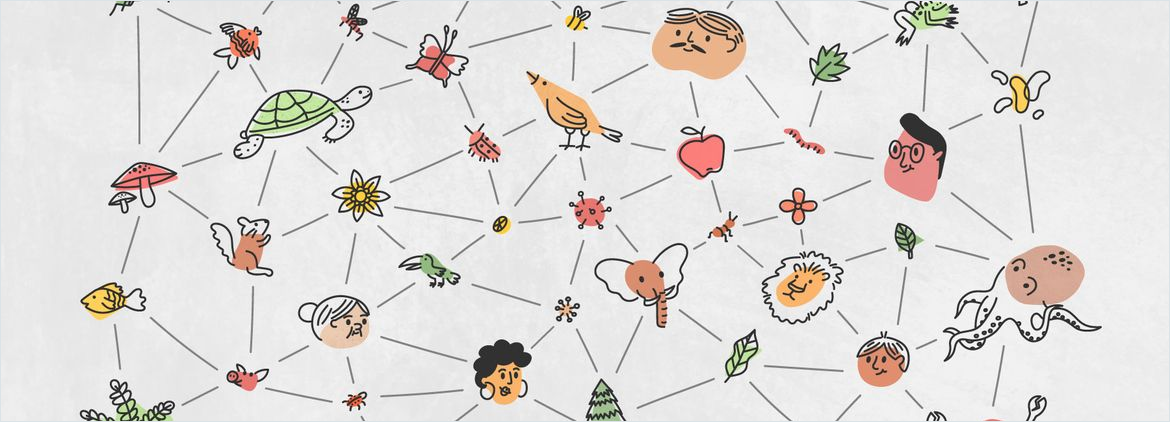
GBIF Sweden contributes to One Health: Hosting and mobilizing vector data
GBIF Sweden is contributing to global One Health efforts by supporting the mobilization and publication of datasets on disease vectors, such as mosquitoes and ticks. This initiative is coordinated by the GBIF Secretariat’s Thematic Help Desk on Vector Data, which focuses on improving access to openly available, high-quality data that [...]

Researchdata.se – Sweden’s new portal for research data
Today, 25 March, marks the launch of Researchdata.se, a new national web portal designed to make it easier for researchers to find, share, and reuse research data across various disciplines.
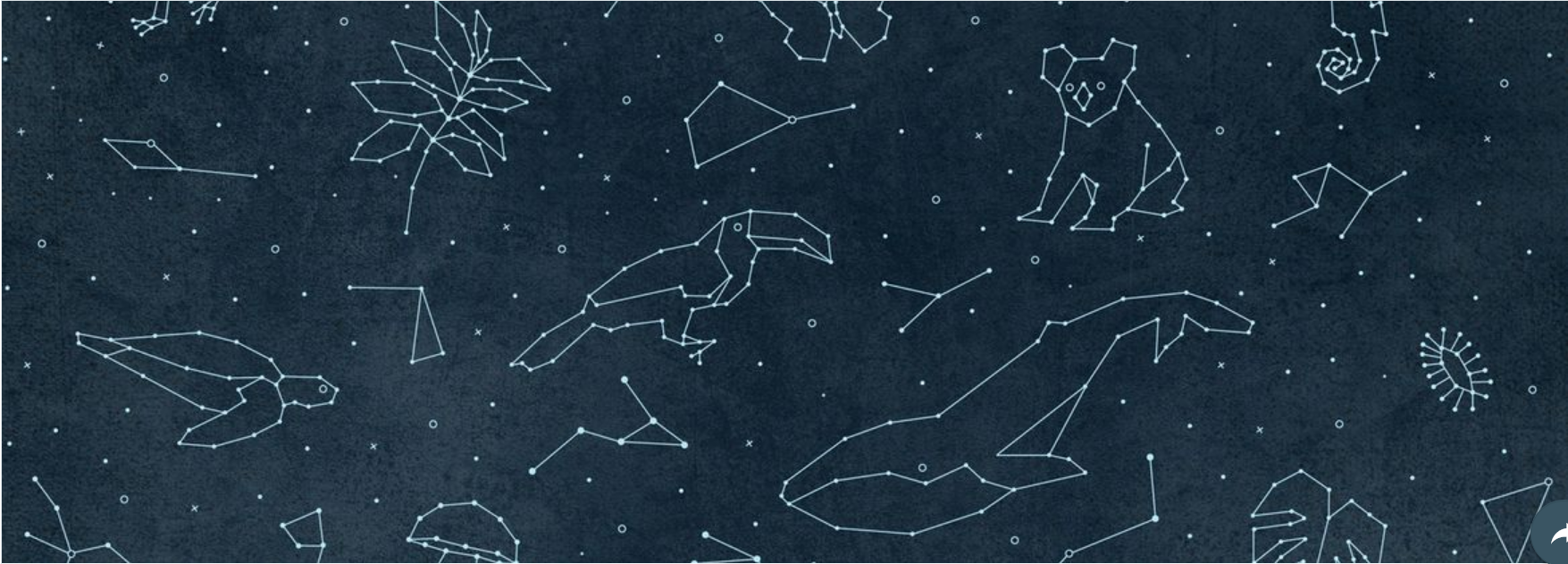
Course in Best Practices for Reference Genome Generation
GBIF Sweden will participate in the upcoming SciLifeLab course “Best Practices for Reference Genome Generation”

Biodiversity and the private sector – GBIF Sweden’s engagement
GBIF Sweden is actively working to bridge the gap between biodiversity and the private sector by improving access to biodiversity data for businesses. Leveraging biodiversity data enables companies to make more sustainable decisions while also contributing to research and a deeper understanding of ecological systems by sharing their own data. [...]

Call for nominations opens for 2025 GBIF Graduate Researchers Award
Deadline to nominate graduate students whose innovative research relies on biodiversity data: 13 June 2025

Ebbe Nielsen Challenge open for submissions
Call to submit entries to GBIF's annual incentive competition with €20,000 in prizes. Deadline: 7 September 2025

GBIF Sweden secures CESP funding for 2024 to enhance biodiversity data collaboration with Ethiopia and Finland
We are pleased to announce that GBIF Sweden has been awarded funding through the 2024 Capacity Enhancement Support Programme (CESP) for the project titled “Building capacity within biodiversity data between Ethiopia and GBIF nodes in Sweden and Finland.”This collaborative initiative, led by GBIF Sweden, brings together partners including Addis Ababa [...]

GBIF Sweden Launches Test IPT to Strengthen Data Sharing
GBIF Sweden has recently unveiled its test Integrated Publishing Toolkit (IPT)

Call for proposals for 2024 Capacity Enhancement Support Programme
CESP aims to strengthen the GBIF network through collaborative projects involving by Participant nodes
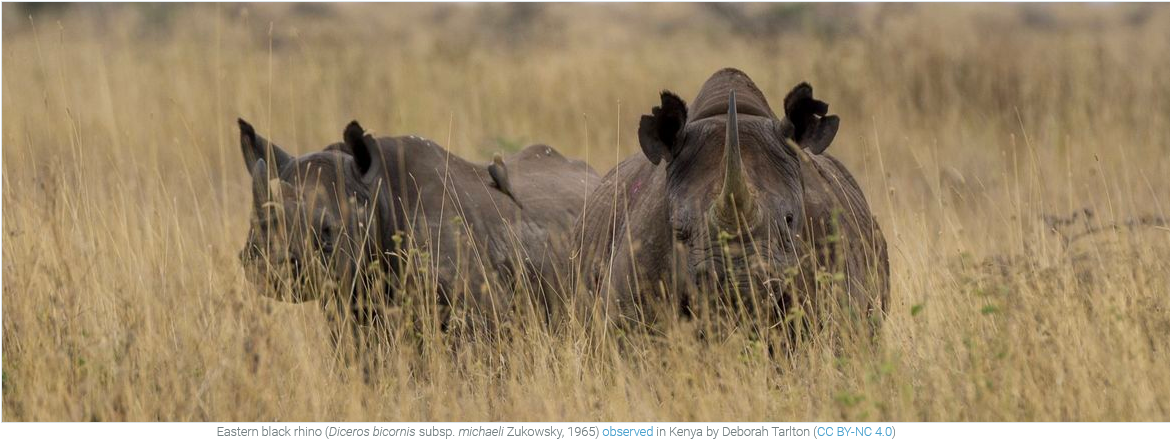
More than 10,000 scientific papers enabled by GBIF-mediated data
Significant growth in use of data from the GBIF network continues to demonstrate the importance and value of open biodiversity data

2024 Ebbe Nielsen Challenge seeks open-data innovations for biodiversity
The call for entries for the 2024 Ebbe Nielsen Challenge is now open!

GBIF to serve as administrative host for Species 2000 Secretariat
Agreement between GBIF Secretariat and the Catalogue of Life’s legal body will support further collaboration on ChecklistBank and other joint activities
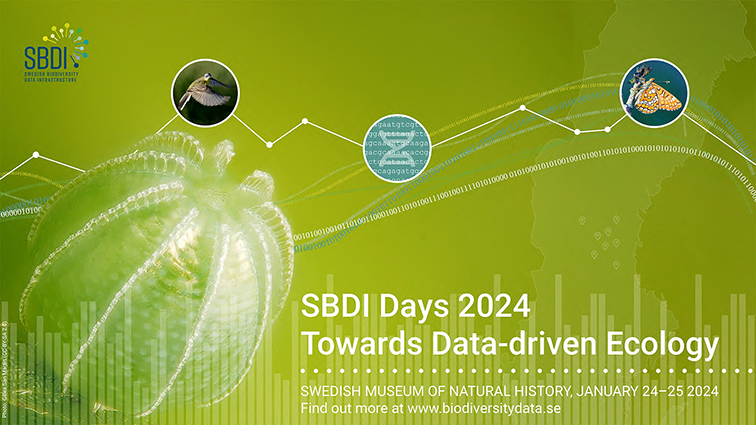
SBDI Days 2024: Towards Data-driven Ecology
The SBDI consortium welcomes everyone within the scientific community who is curious about data-driven research. Join us at the Swedish Museum of Natural History in Stockholm.
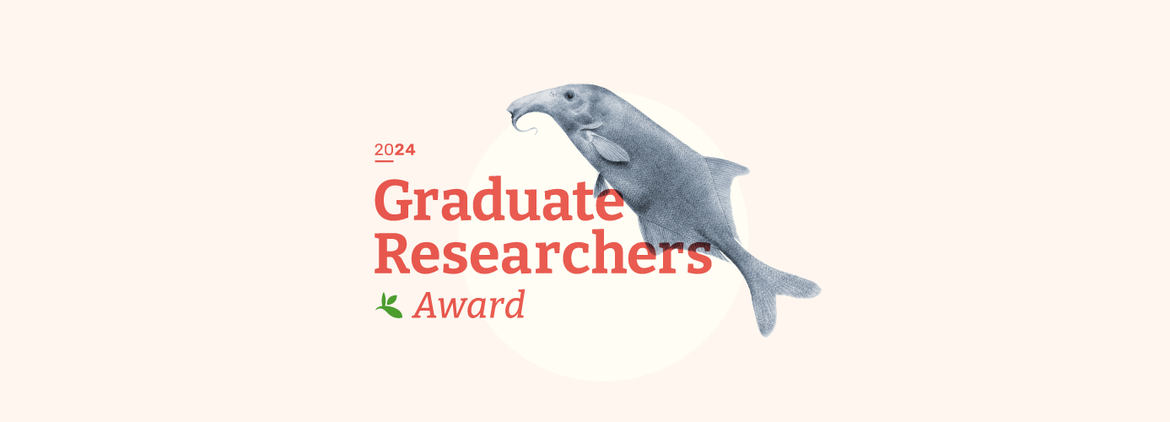
Call opens for nominations to 2024 GBIF Graduate Researchers Award
Deadline for receiving nominations from GBIF member countries for graduate students whose innovative research relies on biodiversity data: 24 June 2024

GBIF Report Reveals Returns on Investments
The Global Biodiversity Information Facility (GBIF) has published a report shedding light on the returns yielded by investments in their data infrastructure. The report, titled “Unveiling the Value: The Return on Investments in GBIF,” highlights the wide-ranging impact of GBIF’s efforts on both scientific advancement and societal progress.
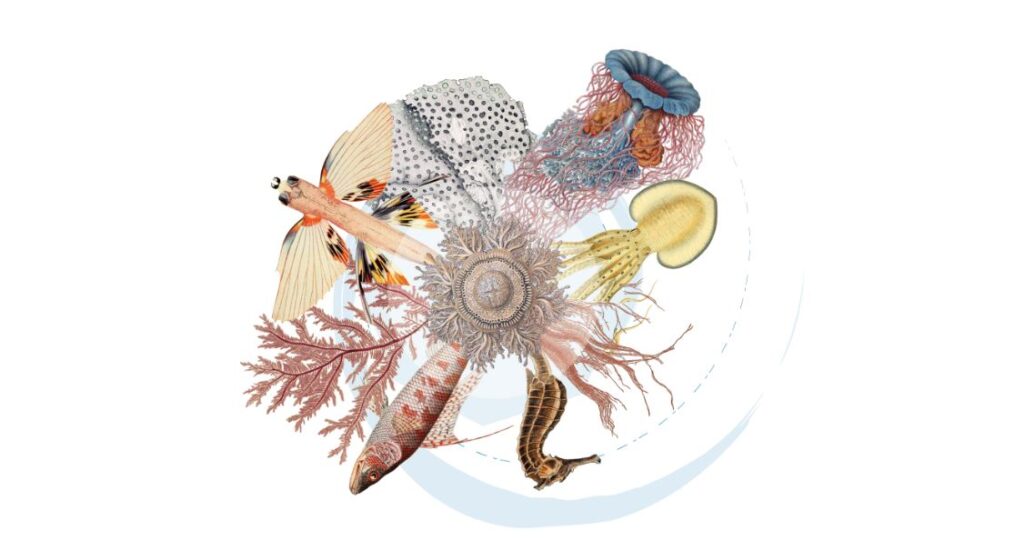
Guide on how to publish DNA-derived data on marine life
There is now an updated version of a guide to publishing sequence-based data. It is a practical guide for holders of genomic and metagenomic information, to include recommendations for sharing occurrence records based on DNA-based studies of the world’s oceans and seas.
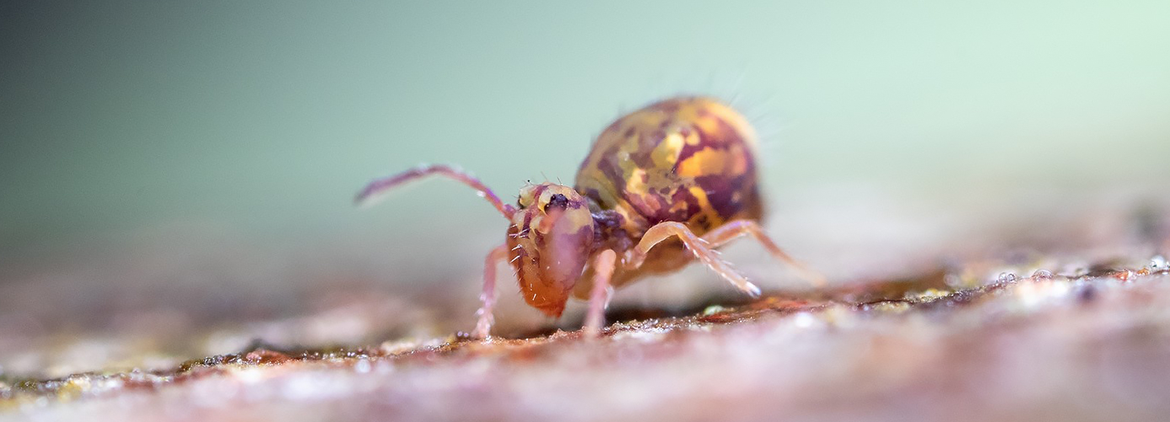
Share your dirt: Call for data papers describing datasets on soil biodiversity
GBIF continues partnership with FinBIF and Pensoft to support publication of new datasets about organisms whose life cycles depend on soil. DEADLINE: 22 September 2023

2023 Ebbe Nielsen Challenge seeks open-data innovations for biodiversity
Call for entries for submissions vying for €20,000 in prizes from annual incentive competition. DEADLINE: 22 August 2023



